
Home
Publications
Publications
Showing 0 to 0 of 0 results
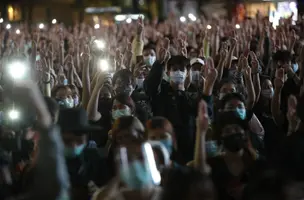
Open Letters
2022-11-09T09:38:43
Joint letter to ambassadors Re: Thai officials must drop all the ongoing prosecutions under the Emergency Decree
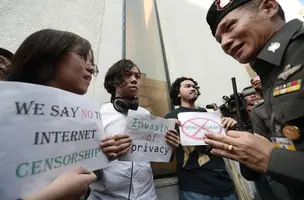
Opinion Articles
2021-11-25T03:45:43
Net users in Thailand, you are being watched
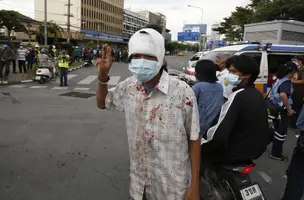
Statements
2021-09-01T03:11:37
Concerns regarding the right to peaceful assembly in Thailand
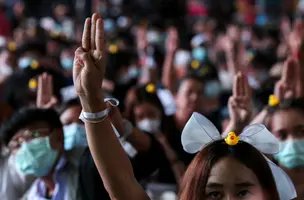
Statements
2020-12-03T10:23:23
Statement by International NGOs on Pro-Democracy Protests on November 17 and 25, 2020
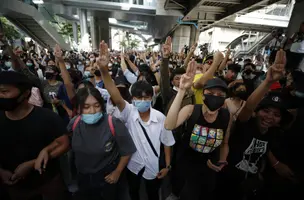
Statements
2020-12-03T03:07:21
Thailand’s emergency decree ‘an excuse’ to end pro-democracy protests, MPs say
TOP
ASEAN Parliamentarians for Human Rights (APHR) was founded in June 2013 with the objective of promoting democracy and human rights across Southeast Asia. Our founding members include many of the region's most progressive Members of Parliament (MPs), with a proven track record of human rights advocacy work.
Copyright © 2024-2025 All Rights Reserved - ASEAN Parliamentarians for Human Rights (APHR)
Website by Bordermedia